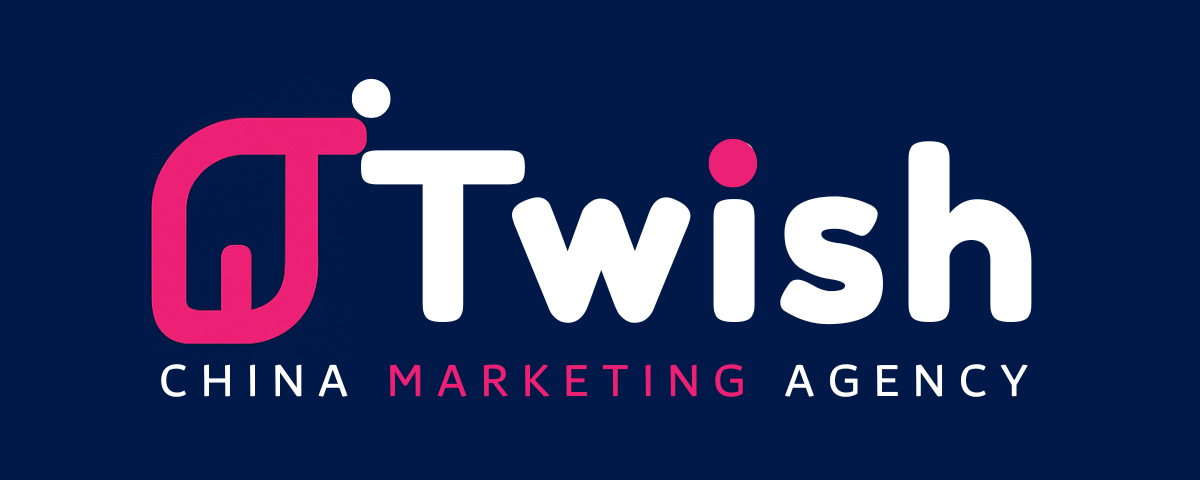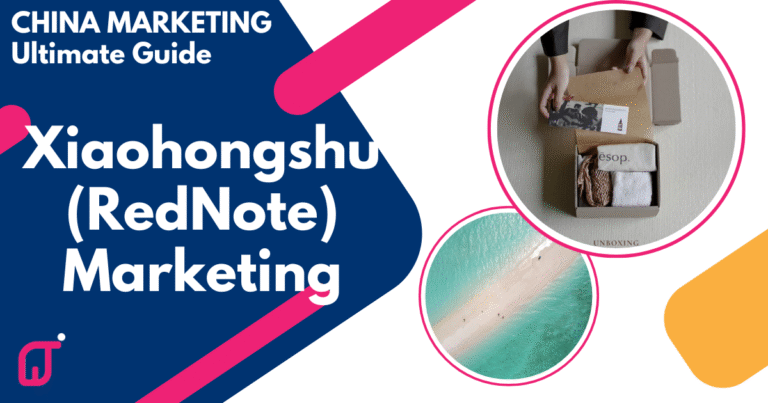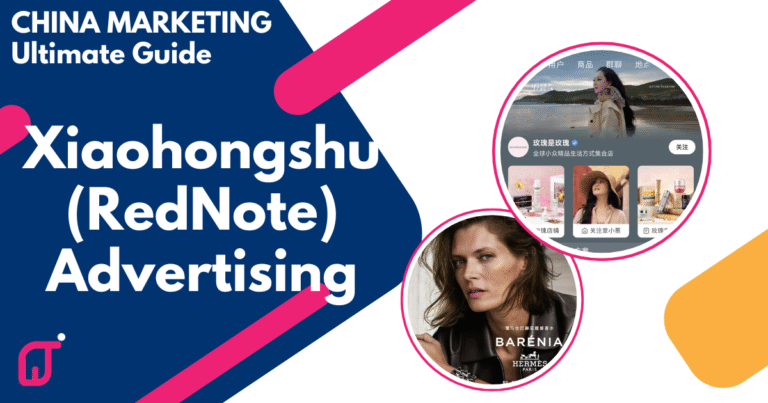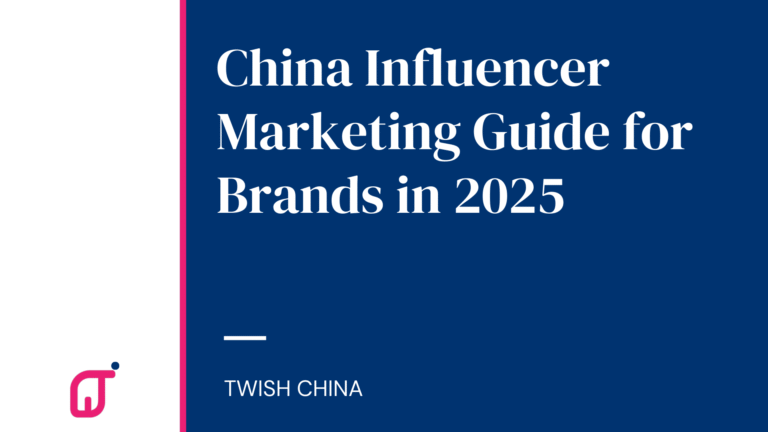The Current Status and Development Opportunities of Health Supplements Brands in the Chinese Market
Chinese consumers’ demand for healthy food continues to grow
Chinese consumers are increasingly seeking healthy food products, driven by a growing health consciousness and the adoption of healthier lifestyles post-pandemic. Search keywords like #healthcare# and #health# on Xiaohongshu yield millions of notes and discussions, highlighting the strong interest in health-related topics. Despite economic challenges, the demand for healthcare products in China is projected to persist in 2023.


Ipsos forecasts China’s health food market to reach 320 billion yuan, with local brands accounting for approximately 35 billion yuan in sales and imported brands for 33 billion yuan. The National Health Commission expects a significant rise in national health awareness by 2030. This surge in health consciousness has led to increased attention on health products, exercise, and tonics among consumers.

The Chinese health food market claims a global share exceeding 30%, second only to the United States. Although healthcare product penetration rates across all age groups in China are generally lower than in the United States, the market’s growth potential remains promising.
Shopping for healthcare products can be both a rewarding and challenging experience
Consumer purchasing behavior and product preferences for healthcare products vary across different demographics. Young singles, couples, and families prioritize multivitamins, sleep aids, liver health, and skin care. Young singles, couples, and families prioritize multivitamins, sleep aids, liver health, and skin care. Families with children focus on products that support children’s growth and development, such as brain and eye health supplements. Backbone families: As they grow older, they pay more attention to the functions of improving their appearance. Beauty-related products such as whitening, freckle removal, and anti-aging are becoming increasingly popular. Older age groups: In the age of centenarians, everyone hopes to be able to walk like flying at the age of 80. They will pay more attention to products that are beneficial to their health, such as cardiovascular and cerebrovascular, immune enhancement, diabetes and high blood pressure regulation, joint health, etc.

Amidst diverse consumer needs, brand differentiation and marketing are critical
By-Health
To cater to all age groups, By-Health offers a comprehensive range of healthcare products tailored to the Chinese market. Incorporate ingredients that cater specifically to Chinese preferences, leverage key flagship products to effectively penetrate various market segments, and cater to consumers of all age groups.

By-Health has a comprehensive product line of healthcare products, including vitamins, minerals, proteins, natural plant extracts, etc., to meet the needs of different consumer groups. By-Health has effectively established a presence in offline channels in China through various distribution models, but faces the challenge of collecting offline user data from multiple channels.
According to the CIO’s “By-Health: Integrated Marketing Platform”, Tomson’s current sales development model is dealer and OTC model + self-operated e-commerce. The current channel sales model includes dealer channels, direct supply OTC chains (such as Guoda, Laobaimin, etc.), direct supply supermarkets (such as Wal-Mart, etc.), directly operated stores, and e-commerce.
The scattered and multi-level distribution channels are a major pain point for By-Health to collect offline user data. In response, By-Health has implemented a CRM system and launched the “Nutritionist Club Store App” to enhance store management and customer relations. The App can realize the refined management of stores, and help members with points, redemption, customer care and precision marketing anytime and anywhere. This innovative approach mobilizes third parties to actively promote products, addressing the issue of collecting offline user data.

LemonBox: Emerging brands capitalize on the growing demand for quality nutrition among younger consumers, creating a “Your Nutritional Advisor” brand.
Based on the brand’s original intention, the goal was to address the challenges Chinese consumers face when selecting and purchasing vitamin products. Historically, mainland Chinese consumers sought out health supplements by searching online for popular products or enlisting the help of purchasing agents or friends traveling abroad. However, there was a lack of professional guidance to determine the most suitable products. Identifying this pain point, Lemon Box introduced its WeChat mini-program, offering a 5-minute questionnaire survey that generated personalized vitamin matching plans and subscription services for consumers. This convenient approach not only met the needs of individuals with limited time but also projected an image of professional nutritional consultancy, resonating particularly well with young consumers looking for tailored product recommendations.

Orthomol (Germany):
A renowned German healthcare product brand, often regarded as the “pioneer of European nutrition”, made its initial foray into the Asian market through South Korea. Through exposure to a multitude of Korean variety shows and YouTube programs, the brand gained significant recognition. Given the sizable fanbase of Korean variety shows, TV dramas, and idols/actors in China, Orthomol’s visibility in China has steadily risen. Moreover, the compact packaging of the small bottles has garnered favor among young consumers.
The healthcare product market in China is entering a new phase: the acceleration of precision nutrition
In line with the National Nutrition Plan 2017-2030 and the Healthy China Action 2019-2030 issued by the General Office of the State Council, the national health concept in China has shifted focus from “disease treatment” to “disease prevention”, and there is a growing emphasis on “precision nutrition” within the realm of “precision medicine”.
In the future, there will be a more exacting demand from consumers for healthcare products, with different age groups exhibiting specific preferences. Older individuals are concentrating on early prevention of conditions like high blood pressure, high cholesterol, and high blood sugar. For instance, Vita Green, has formulated Vita Green Uric Acid Capsules using traditional Chinese medicinal ingredients to target this specific segment and gain market share.
On the other hand, younger consumers are showing a preference for more specialized functional foods, such as those promoting better sleep, enhancing beauty, and regulating gut health. Of particular interest to Chinese consumers in recent years are probiotics. Biostime has been selling probiotic products for many years, and By-Health expanded its market by acquiring Life Space. According to Euromonitor International, China is now the world’s second-largest consumer market for probiotics and is experiencing rapid annual growth of 11% to 12%. It is projected that the scale of China’s probiotics market will reach 137.7 billion yuan in 2026. Despite this growth, the current penetration rate of probiotics in China is still below 10%, leaving ample room for further expansion when compared to the nearly 50% penetration rate in foreign markets.
Source:
2022-2023中国大健康消费新形态:五大健康幸福力创造式
2023年中国保健品行业需求市场分析 市场规模保持增长趋势「组图」



